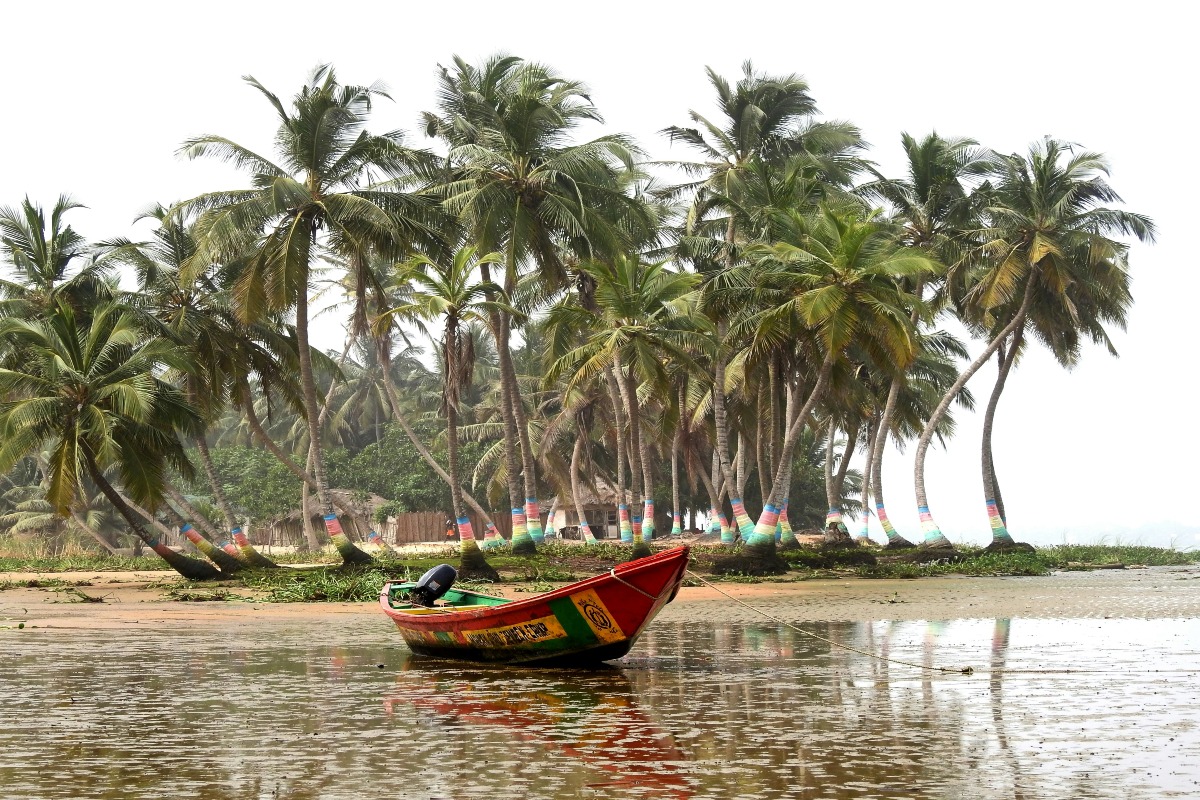Ghana has implemented a visa-free policy for all African passport holders. This decision took effect on January 1, 2025. It positions Ghana as a leader of pan-African unity. Furthermore, this move marks a huge step towards realizing the long-held dream of seamless travel across the continent.
In his final state-of-the-nation address, outgoing President Nana Akufo-Addo proudly announced the implementation of this transformative policy, the BBC reports. “I am proud to have approved visa-free travel to Ghana for all African passport holders, with effect from the beginning of this year,” Akufo-Addo declared to lawmakers.
The president stressed that this policy is “the logical next step to the African Continental Free Trade Area and the workings of the largest trading bloc in the world.” By removing visa barriers, Ghana aims to foster increased trade, tourism, and cultural exchange among African nations. The initiative will potentially catalyze economic growth and regional integration.
Ghana Joins The Vanguard
With this decision, Ghana becomes the fifth African country to offer visa-free travel to all African passport holders. It joins the ranks of Rwanda, Seychelles, The Gambia, and Benin. This progressive stance on intra-African travel places Ghana at the forefront of efforts to promote pan-African values and economic cooperation.
The move is particularly significant given Ghana’s already high ranking in visa openness. Before this announcement, Ghana was placed fifth in the annual African ranking of visa-openness, offering visa-free travel to citizens of 26 continental countries. This new policy extends that privilege to all African nations. It also sets a precedent for other countries to follow.
Moreover, this initiative builds upon Ghana’s recent efforts to position itself as a destination for people from the continent and the African diaspora. In 2019, Ghana launched the “Year of Return” initiative, encouraging those with African roots to invest in the country. The new visa-free policy complements these efforts, potentially attracting more investors and fostering stronger ties with the African diaspora.





